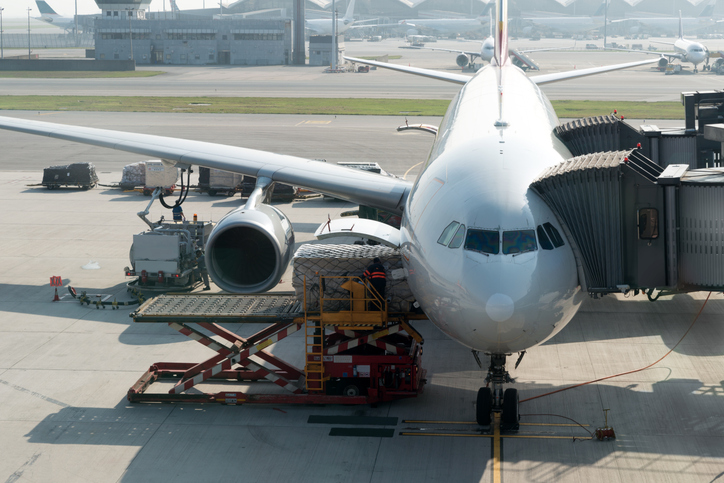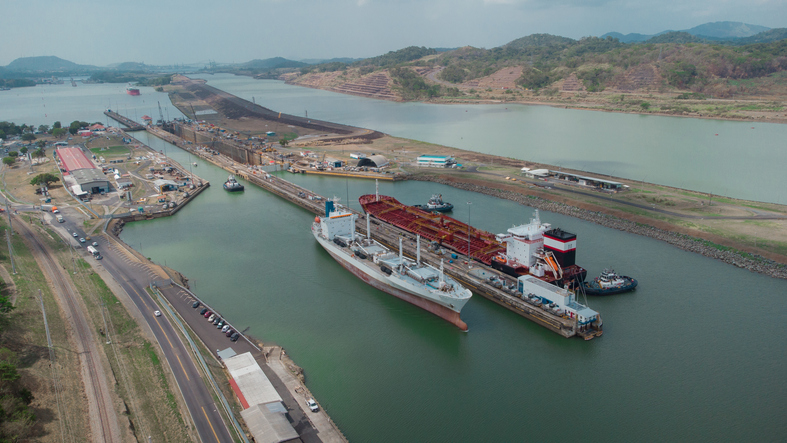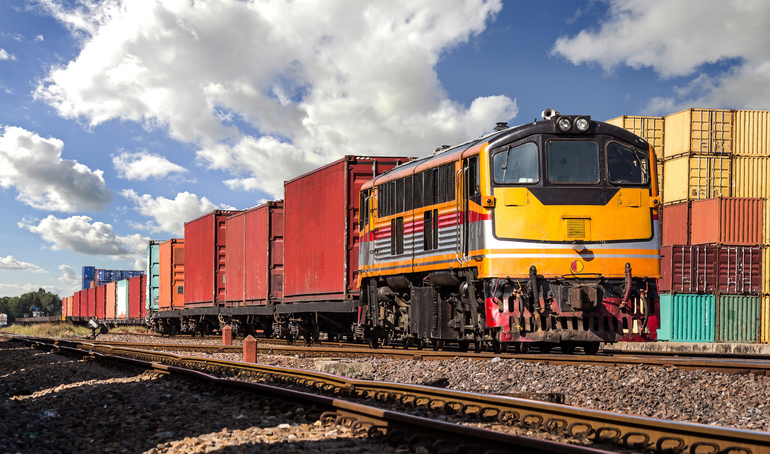
The Weekly Roar
In this week’s Roar: Air cargo and the IT outage, good news at the Panama Canal, preparations for a strike, warnings from the WTO, and the importance of risk management.
The most recent air freight data reveals that global air cargo rates only saw a slight increase of 0.7% in the week ending July 29, despite the global IT outage that happened in mid-July. This is somewhat unexpected, considering air cargo was already under pressure due to increased demand driven by the ongoing issues in the Red Sea and strength in e-commerce.
The capacity through the Panama Canal is increasing, thanks to recent heavy rains. Typically, the canal can handle up to 40 ships per day, but last year’s drought forced the authority to reduce that number to 20. As of August 5, daily transits will increase to 35 and then increase again in September to 36. With eyes on a potential East Coast work stoppage later this year, the role of the Panama Canal may be pivotal for U.S. supply chains.
The latest news from Canada is not positive. Canadian logistics managers are preparing for potential disruptions in the face of a railroad workers strike, involving nearly 10,000 union workers. If the strike happens, it could paralyze freight movement, especially through Canada’s western ports, and then ripple into the trucking and other transport sectors. Contingency plans include shifting freight tracks and using alternative entry points in North America. Shippers are being advised to prioritize anything critical and be aware that a strike could drive up trucking rates.
The WTO chief is warning of challenging times ahead for global trade, pointing to rising protectionism, geopolitical tensions, and economic issues, all of which could hinder growth in the global economy. However, the WTO does see opportunities for growth in services, digitalization, and the green economy.
There’s a growing importance for risk management, and businesses need to adopt a proactive approach to identify, assess, and mitigate risks in their supply chains. Risks include geopolitical unrest, sustainability, inflation, and a shortage of talent. To face these challenges, businesses must take advantage of advanced technologies like AI and data analytics for better visibility—visibility that will help them diversify their suppliers.
For the rest of the week’s top shipping news, check out the article highlights below.









